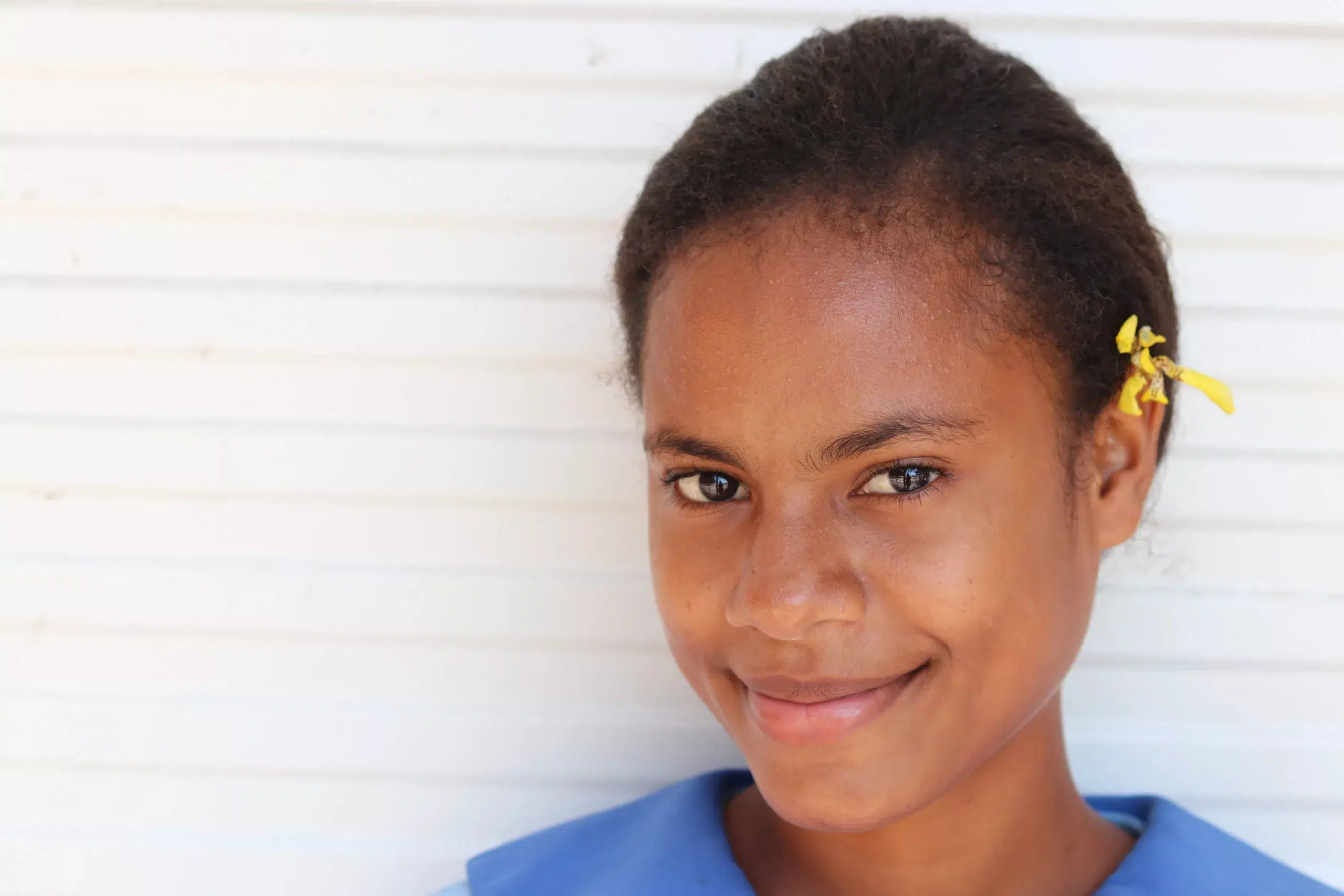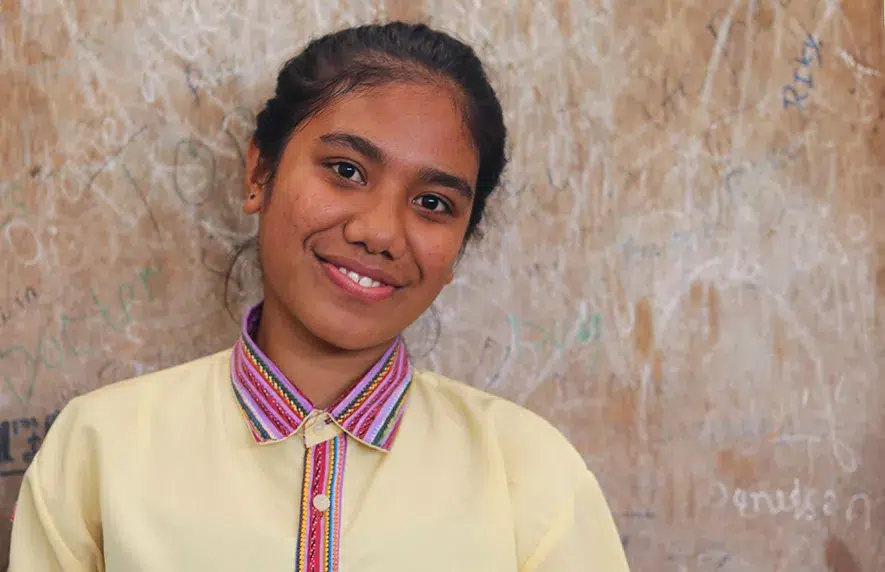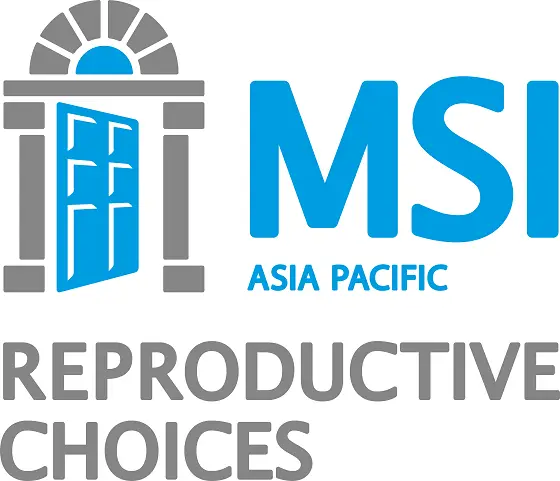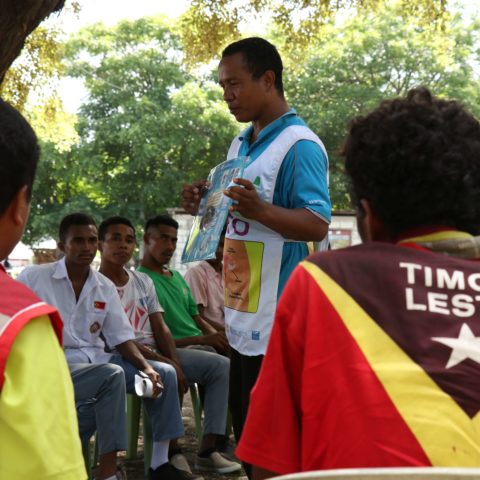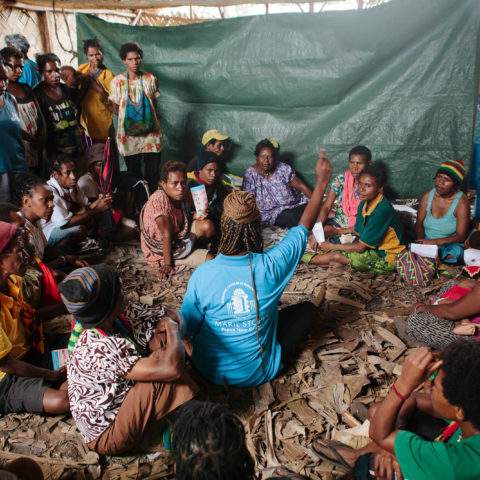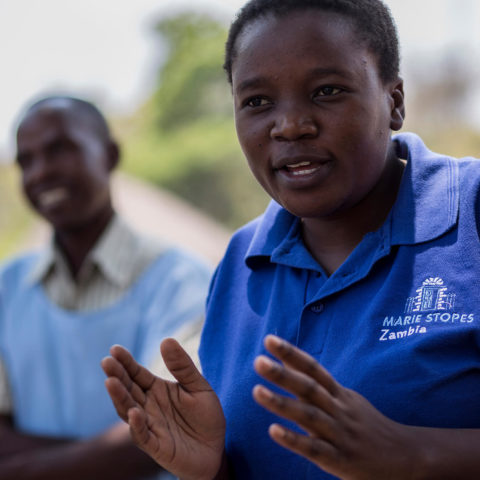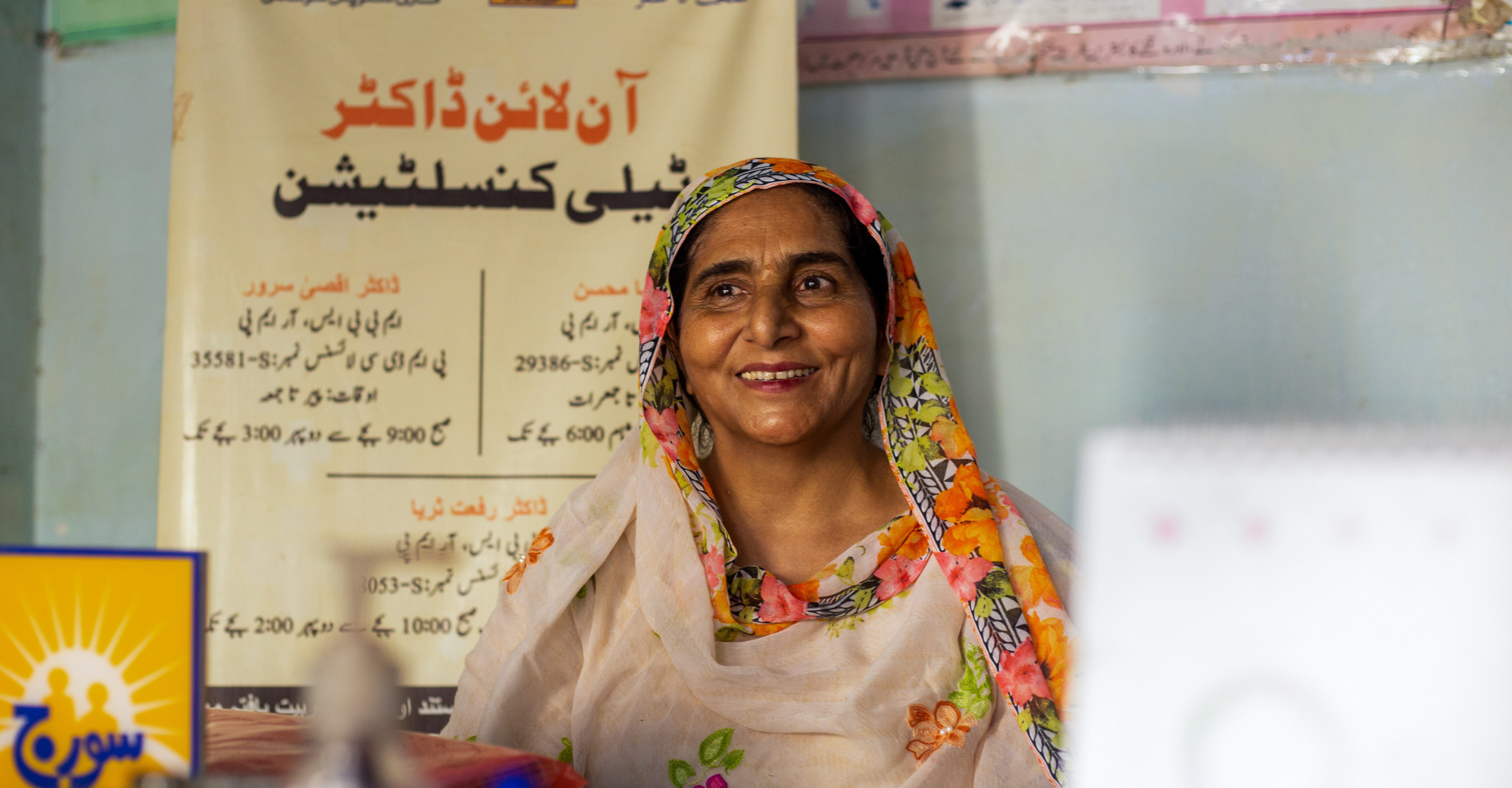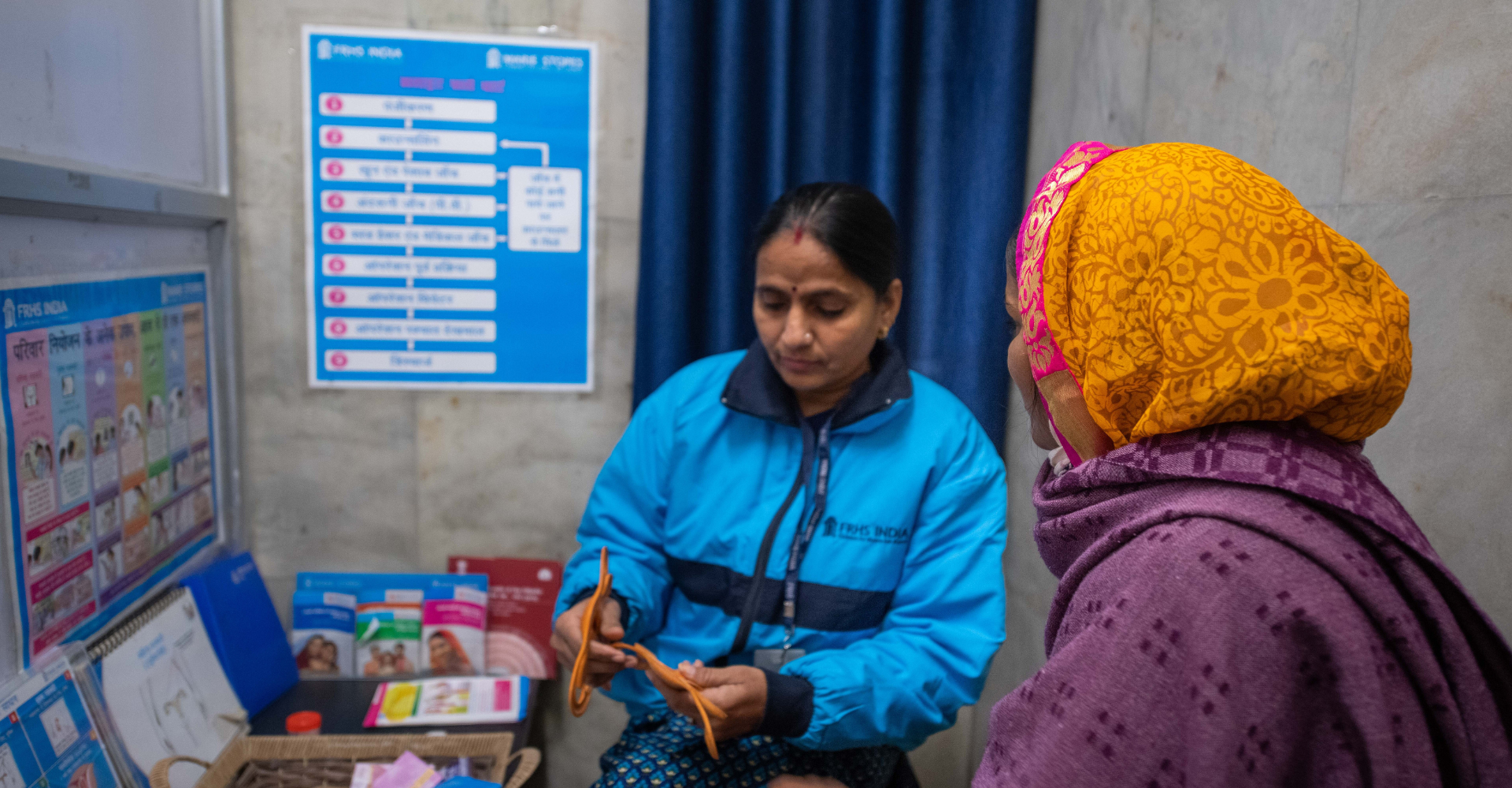Globally, the largest generation of girls in history are entering their reproductive years. Managing periods can be challenging for any girl, but for girls with limited access to water, sanitation and hygiene, it can lead to poor school attendance and stigma.
Menstruation is a natural bodily function experienced by most women and adolescent girls each month, but is often surrounded by taboos.
A lack of access to clean water, sanitation and hygiene can making going to school with your period even more challenging.
While sexual and reproductive health (SRH) and menstrual health are linked, sex education delivered in schools in Timor Leste and Papua New Guinea, often misses the opportunity to speak about both topics.
Additionally, adolescent pregnancy is a leading cause of death and disability for girls aged 15-19 years. In Timor-Leste less than 1% of girls have used contraception and in Papua New Guinea 22% of girls have had one child or more. Unplanned pregnancy and a lack of access to safe, hygienic ways to manage periods contributes to poor health, negatively impacts social outcomes and leads to poor school attendance.
The Project
In partnership with WaterAid, we delivered a three-year integrated water, sanitation, and hygiene (WASH) and sexual & reproductive health (SRH) project in PNG and Timor-Leste. The project aims to improve women and girls’ education, health and social outcomes through menstrual health.
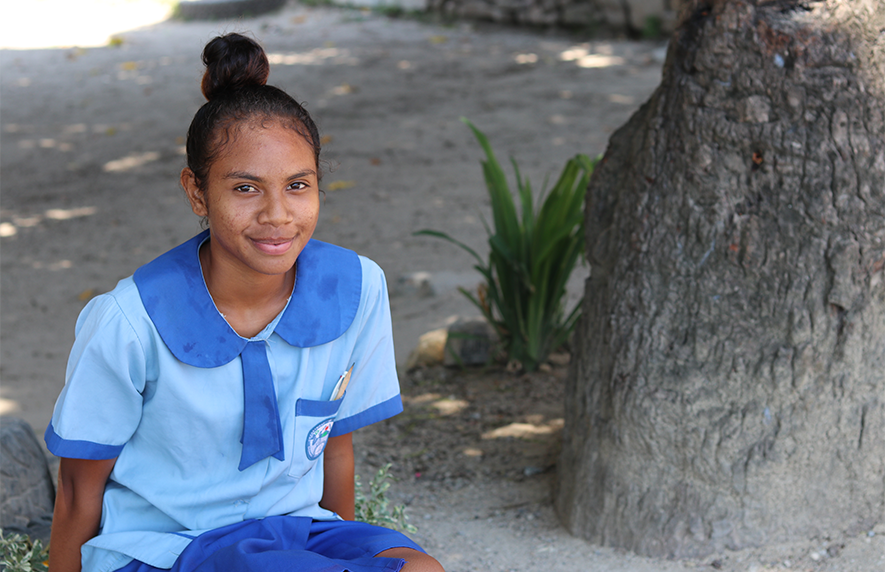
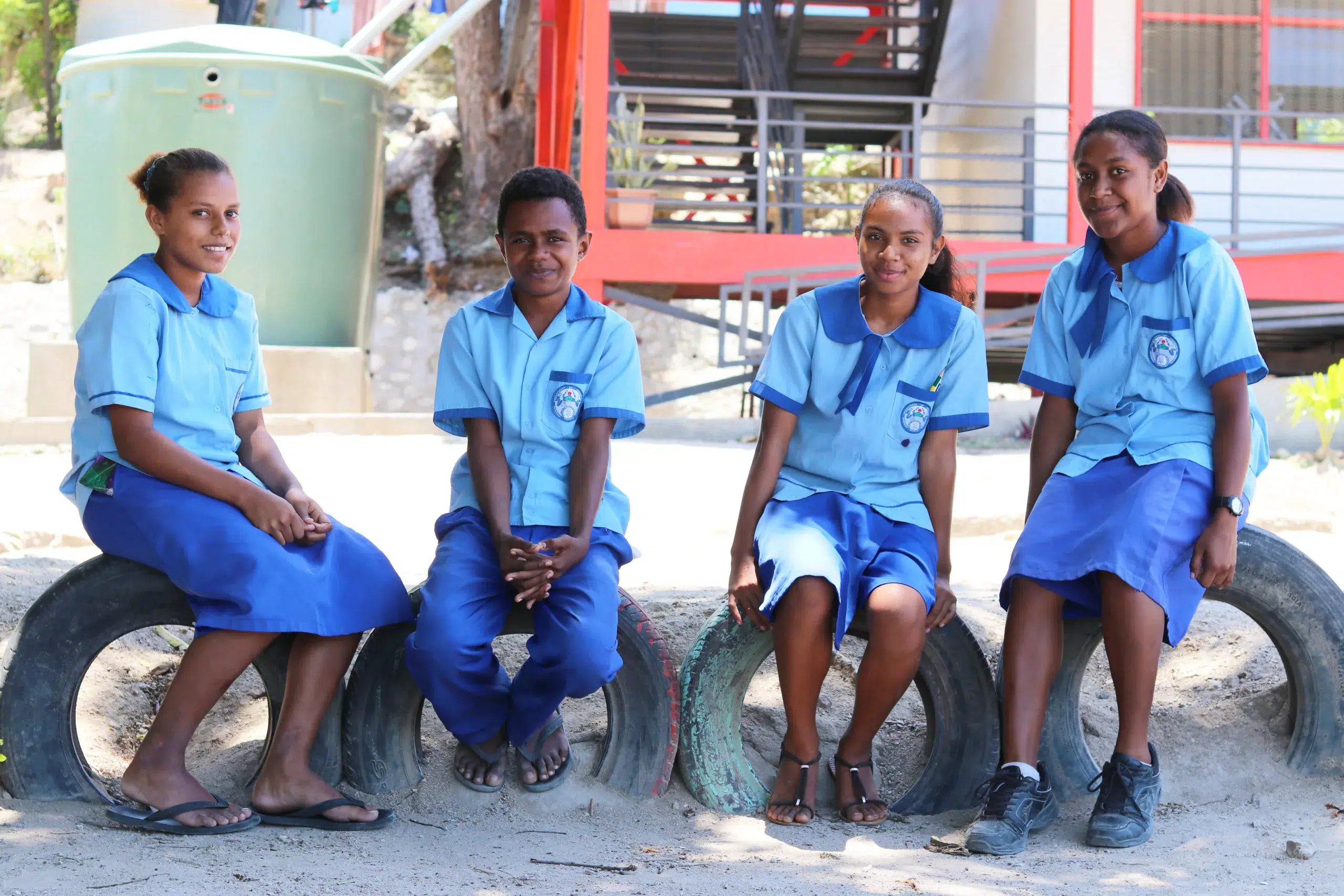
Project Results
- More than 32,000 girls, boys and adults have increased access to WASH and SRHR information, facilities, and family planning services.
- 7,440 women and girls are using their choice of contraception.
- 1,850 students accessing menstrual health-friendly facilities in schools.
- Over 1,400 locally produced reusable menstrual products sold.
Want to learn more?
For more information about our Keeping Girls in School Through Improved Reproductive and Menstrual Health project, please read our Insights Report.
